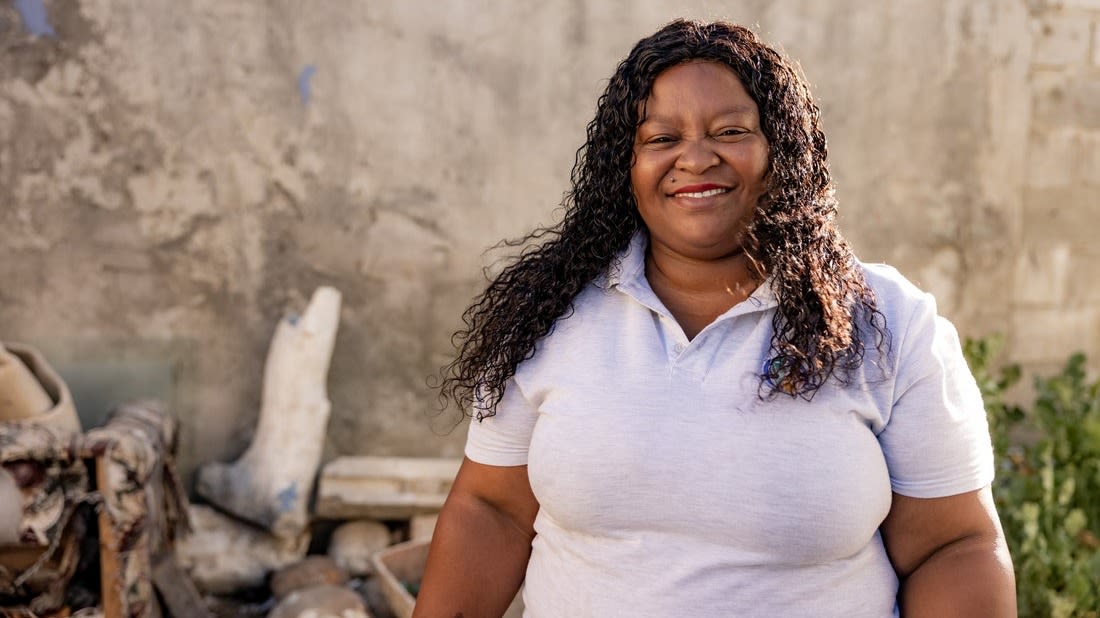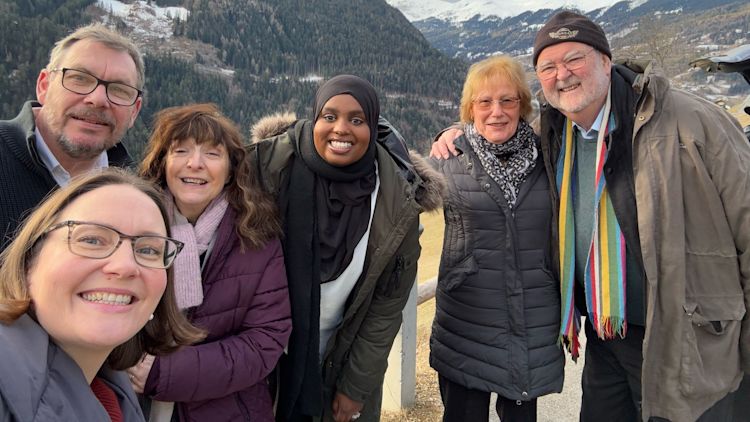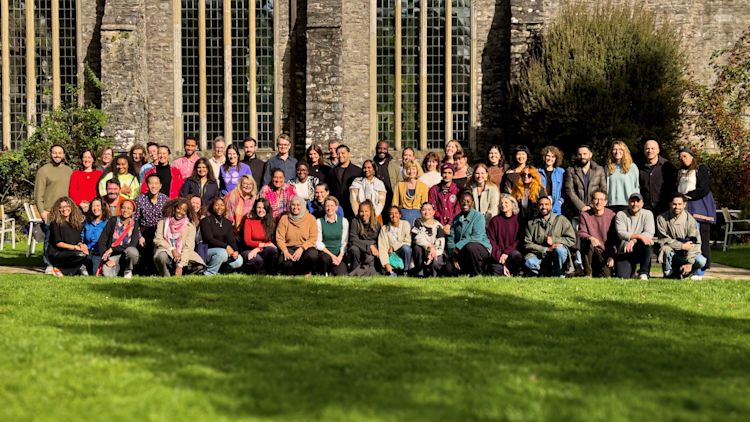Whilst the Covid-19 pandemic has impacted people, young and old, from every background, there is no question that communities experiencing racial inequality (typically grouped as Black, Asian and Minority Ethnic*) have been disproportionately affected. The crisis has amplified the entrenched structural racism faced across the board, from health to employment and general living standards. Prior to Covid-19, Comic Relief were exploring the best ways to address racial inequality in grant making. Whilst we were making steps in the right direction, the pandemic accelerated the need for grant making through a racial lens.
The Ubele Initiative report published in April 2020, gives a comprehensive snapshot of Covid-19’s impact. 9 in 10 organisations led by communities experiencing racial inequality could cease operating if the lockdown continued beyond 3 months, and as a crucially underfunded sector, 68% of respondents had no reserves. We also know that many of these organisations find it harder to access funds from large funders, with convoluted grant making processes a barrier to inclusive grant making. Lack of funding means organisations cannot formalise the internal systems, processes, and governance structures to meet eligibility criteria. This creates a vicious circle that perpetually excludes many organisations led by communities experiencing racial inequality from accessing meaningful funding.
These findings and the urgency of response required, helped us rapidly reflect, reshape and respond. We reached out to the campaigning organisation #CharitySoWhite who are making great strides in their work addressing institutional racism within the charity sector. Through their strong recommendations, and an open dialogue, both with CSW and internally, we crafted Comic Relief’s first funding call exclusively for Black and Asian led organisations. Taking on board their recommendations regarding wider grant programmes, we also ringfenced 20% of funds from our new Change Makers programme, to organisations led by communities experiencing racial inequality. We endeavoured to make the application and interview process simple, short and jargon free, enabling organisations to swiftly submit applications and for us to make fast decisions. We significantly condensed our application process (from launching the fund to decision making) to just four weeks.
As a funder, we pride ourselves on not being experts, but partnering with organisations who have local expertise, trusted relationships and existing community links who can make onward grants to grassroots organisations. We have a history of effectively working this way in England, Northern Ireland, Scotland and Wales, and applied this approach to this funding programme. Receiving over 80 brilliant applications, the final 10 provided us with a window to better understand the granular detail of the complex and intersecting issues facing communities.
The funding call was designed and led by Black and Asian staff at Comic Relief, across gender, ethnicity, faith and the LGBTQ+ community, recognising that it was important for applications to be read, assessed and interviewed by staff who had lived experience and understanding of structural inequalities and racism.
* We recognise that the acronym ‘BAME’ is problematic as it strips away individual identities and assumes all share the same experiences, challenges and barriers to representation and equity.
Sector reflections: We need to change...
Feedback: We made the decision to offer personalised feedback to every organisation that was unsuccessful in securing funding from us. This felt important and meant many smaller organisations, for the first time, received feedback of their applications, to help them strengthen future applications. As funders, we need to be more relational and work with organisations and help them break through the funding glass ceiling.
Process, process, process: It is of course important for us to conduct appropriate due diligence on organisations and ensure there is a transparent audit trail for how we make decisions. However, convoluted processes and paperwork is a barrier for many organisations, and is something all funders, including ourselves, need to challenge ourselves on. The sector rightly streamlined processes for emergency funding in response to Covid-19 but this should filter into everyday grant making. Do we really need to ask every question? Do we really (legally) require that information or document, or are we inadvertently blocking brilliant organisations? To decolonise the sector, we must also decolonise the racialised processes, bureaucracy and fluff!
Long term vision: Due to the global Black Lives Matter Movement there is a huge spotlight and interest in funding Black led, and more broadly organisations led by communities experiencing racial inequality. Whilst this is both welcome and long overdue, we must all be committed to the long term. When the hashtags have faded away, funders still need to be committed to funding lasting change and ensuring funding and decision really is equitable. Whilst the immediate response has proven to be a lifeline to many community organisations, managing a series of small short-term grants is resource intensive and does little to contribute to more sustainable and systemic community change. If we are truly serious about investing in this sector, we need to take investments to scale – both in size and duration –which allows us to invest in both organisational development and programme delivery. We look forward to engaging with funders who want to join us on this journey.
Trust-based funding: This term is often batted about by funders but there are very few that do this. We believe we have made small strides, ensuring this value is reflected across all our interactions: ‘you know your communities, you’re the best ones to make that judgment call and we trust in your decision making’. Our role in this work is to be supportive, provide space for organisations to check in with us (NOT check up on them), be a critical friend and to learn from them. If as a sector we wish to be actively anti-racist funders, we need to be open and honest about the power we hold and be willing to proactively change now – not be reactive when we are scrutinised. That requires egos to be left at the door to address racial inequalities and the need for greater inclusivity in grant making processes. If major funders can commit to really reflecting, restarting and adopting these changes on a long-term basis then we will be on a strong path to progress.
Written by Vanessa Thomas and Poonam D’Cruze


